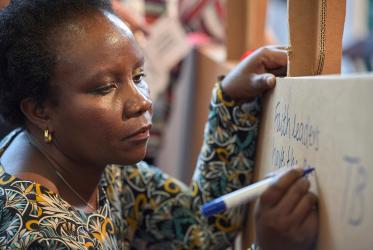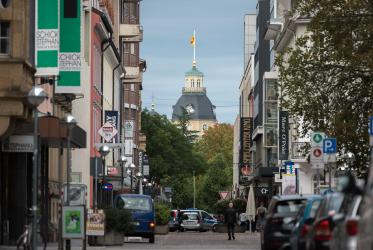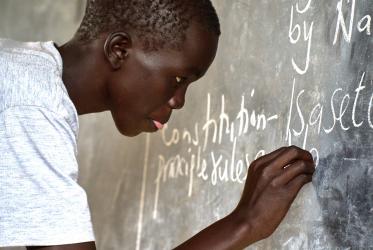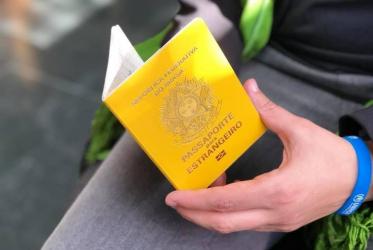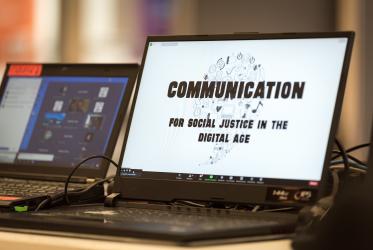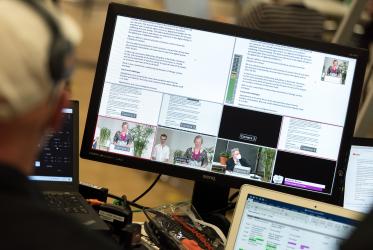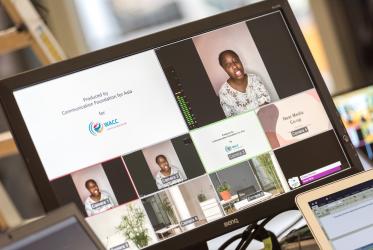Displaying 41 - 60 of 157
01 February 2022
WCC executive committee lights the way for WCC 11th Assembly
26 November 2021
WCC will join global call for children’s return to school
19 November 2021
Climate crisis fuels existing water injustice
27 October 2021
In the current media landscape, who controls our public space?
14 September 2021

